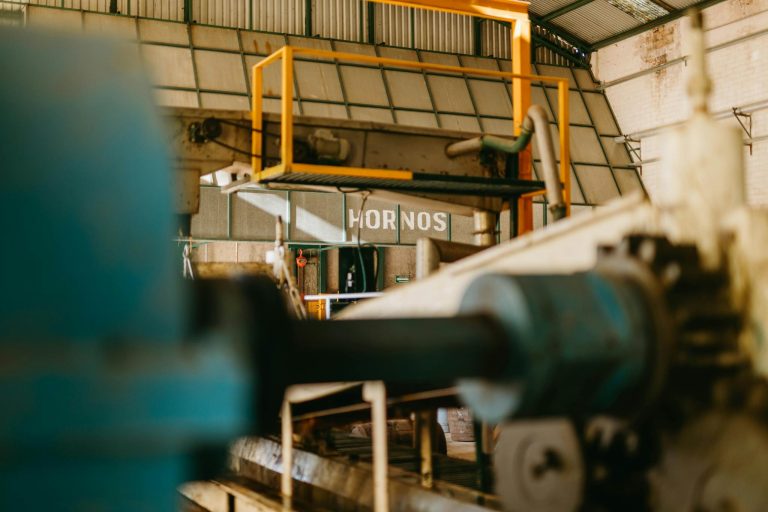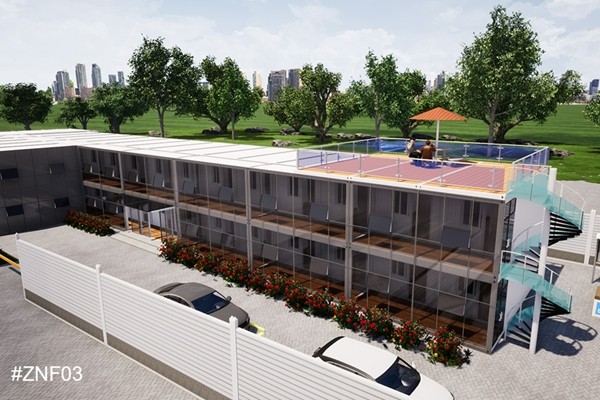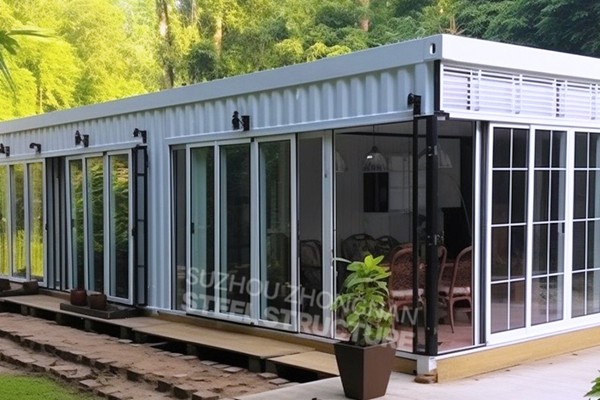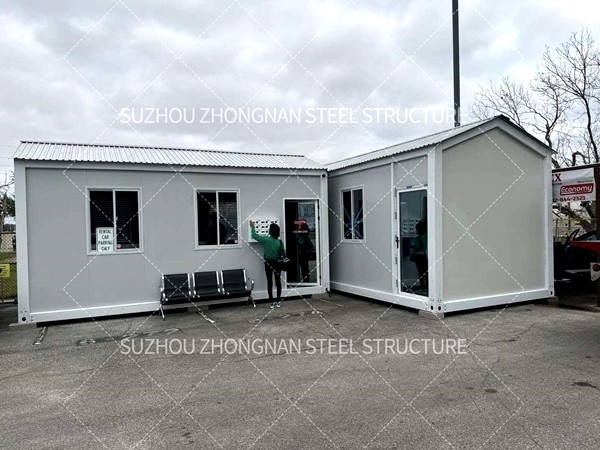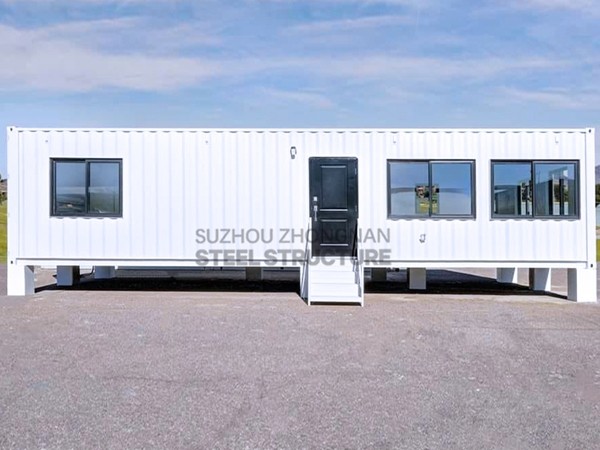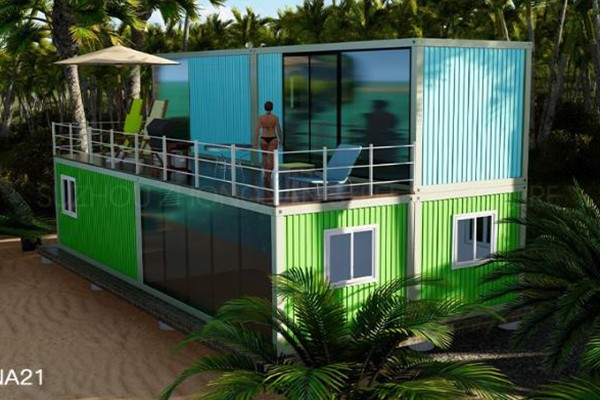prefabricated house construction cost
Understanding the cost of prefabricated house construction is crucial for anyone considering this modern approach to homebuilding. Prefabricated homes, often referred to as prefab homes, offer a unique mix of cost-effectiveness, efficiency, and quality. Here's an in-depth look into what comprises these costs and how to navigate them effectively.
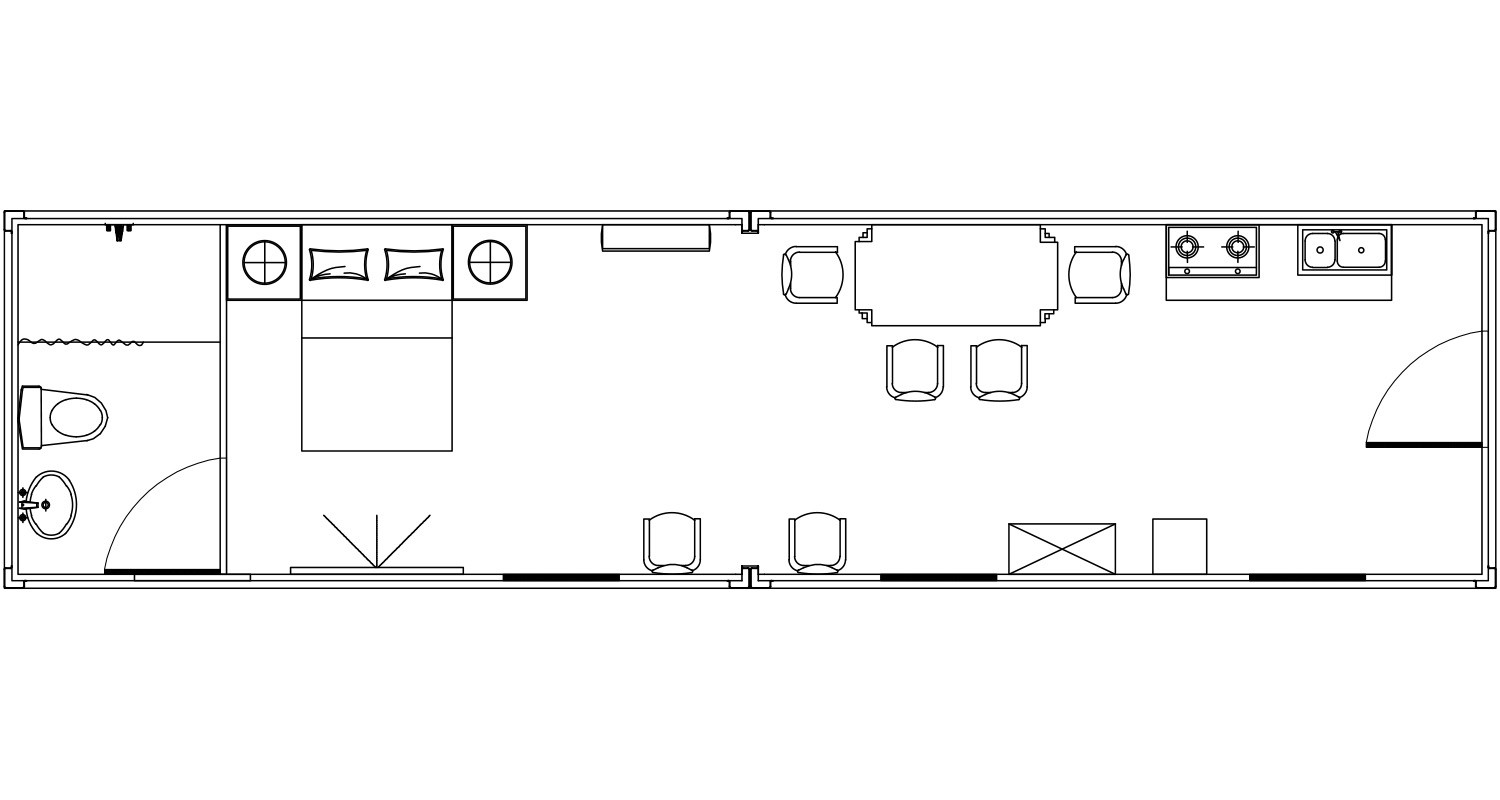
The initial factor to consider is the price of the prefabricated home itself. These homes come in various styles and sizes, each affecting the overall cost. A basic prefabricated home can start at around $50,000, but prices can significantly increase based on customizations, size upgrades, and architectural complexities. It's essential to work closely with manufacturers to understand what each design includes and how it fits into your budget.
Transportation costs are another critical aspect. Once the prefabricated sections are completed in the factory, they need to be transported to the building site. The distance between the factory and site, along with the size and number of modules required, directly impacts transportation costs. Engaging with experienced logistics partners can provide more accurate cost estimates and ensure safe transit.
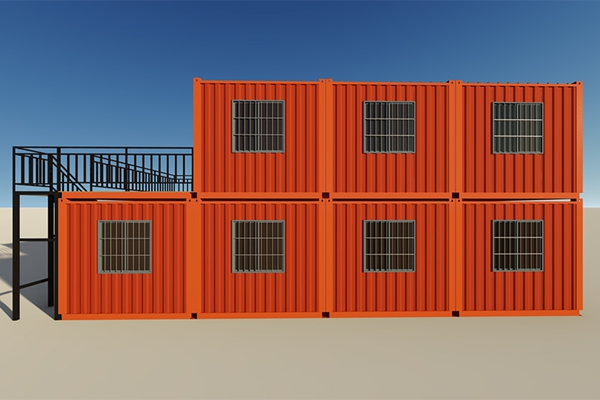
On-site assembly costs are pivotal as well. Assembling a prefabricated house requires skilled labor, typically more specialized than traditional construction workers. The complexity of the design and size can also influence the time needed for assembly, affecting labor costs. Hiring a contractor experienced in prefab home assembly ensures efficiency and can reduce time on-site, further influencing the overall budget.
Site preparation is often underestimated but is vital in the overall cost estimation. This includes clearing land, laying a foundation, and sometimes, installing utilities. The terrain and location directly affect these costs; for example, building on a slope might require additional foundation work. Proper assessment of the land by civil engineers or experienced site planners can provide better forecasts and prevent unexpected expenses.prefabricated house construction cost
Further, regulatory expenses such as permits and codes must be carefully considered. Prefabricated homes, though efficient, must adhere to local building regulations and zoning laws. Costs may vary depending on the region, and acquiring necessary permits requires time and financial planning. It is advisable to consult with local authorities or a professional familiar with local regulations to facilitate this process smoothly.
Insurances and warranties also contribute to overall expenses. They offer protection during transportation, assembly, and occupancy. Shopping for competitive insurance that covers both part and whole construction process is advisable. Some manufacturers include a warranty, so understanding these terms is vital to avoid unnecessary future costs.
Considering energy efficiency and sustainable features upfront can also affect initial costs but lead to savings over time. While adding solar panels, energy-efficient systems, or sustainable materials might raise upfront costs, they promise long-term economic and environmental benefits. Engaging with a sustainability expert can help in optimizing these features without sharply increasing costs.
Financing options are an integral part of managing prefabricated house construction costs. Some manufacturers offer financing plans, partnering with banks to ease the financial burden. Investigating available options and choosing plans aligned with your financial situation is crucial.
In conclusion, understanding the complexities of prefabricated house construction costs involves a multifaceted approach. From initial design choices, transportation, and assembly logistics to site preparation, regulatory adherence, insurance, and sustainable enhancements, each factor must be thoughtfully considered. Engaging with professionals at each step will ensure a well-managed budget and a successful prefabricated home construction experience. With careful planning and professional insights, investing in a prefabricated home can be both economically and personally rewarding.

